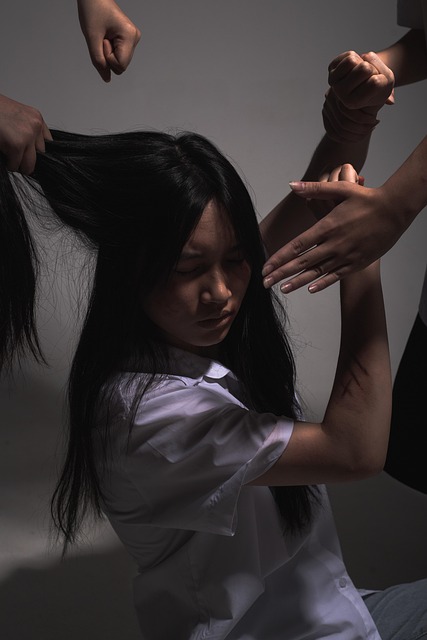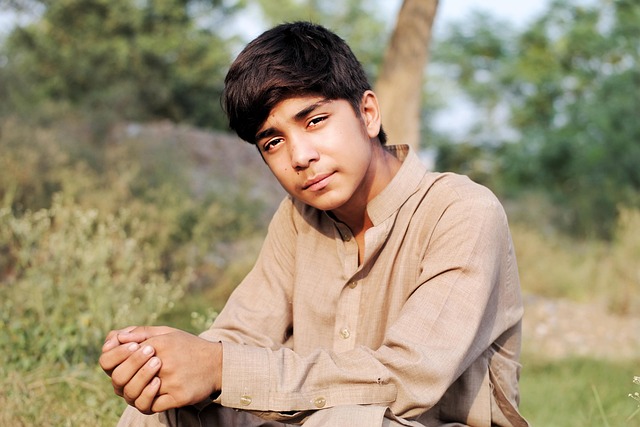Teen Challenge programs, Christian residential treatment centers for at-risk youth, face scrutiny over allegations of abuse, including physical, emotional, and sexual exploitation. Concerns arise from former participants and advocates about corporal punishment, forced labor, manipulation, and unreported sexual abuse. A comprehensive investigation is crucial to address these issues through transparent reporting, staff training, robust reporting mechanisms, and external reviews to ensure the safety and well-being of vulnerable youth in Teen Challenge facilities.
“Teen Challenge programs, known for their residential rehabilitation approach, have faced increasing scrutiny over allegations of abuse. This article delves into the complex world of these facilities, examining the structure and culture that may contribute to such claims. We uncover various forms of alleged mistreatment, from physical and emotional abuse to neglect. Furthermore, it explores how organizations respond to these crises, highlighting prevention strategies to ensure safer environments for at-risk youth. Understanding Teen Challenge abuse is crucial for identifying red flags and promoting reform.”
- Understanding Teen Challenge Programs and Their Structure
- Uncovering Allegations: Types of Abuse Reported
- Investigating Responses and Prevention Strategies Employed
Understanding Teen Challenge Programs and Their Structure

Teen Challenge programs are Christian-based residential treatment centers designed to help at-risk youth overcome various challenges, including addiction and behavioral issues. These facilities operate under a unique structure, combining spiritual guidance with therapeutic interventions. Participants, often referred to as “students,” live on campus and follow a strict daily schedule that includes classes, counseling sessions, and religious services. The programs aim to foster discipline, accountability, and a strong sense of community among the students.
The organization operates multiple facilities worldwide, each adhering to its core values and philosophical approach. However, it’s essential to recognize that the close-knit environment can create power imbalances, particularly when allegations of abuse surface. Teen Challenge Abuse has become a significant concern, prompting increased scrutiny and calls for transparency within the organization to ensure the safety and well-being of vulnerable youth in their care.
Uncovering Allegations: Types of Abuse Reported

When uncovering allegations of abuse at Teen Challenge facilities, a range of concerning behaviors have been reported, painting a distressing picture. Physical abuse, including excessive corporal punishment and forced labor, has been a recurring theme in many cases. Residents often allege harsh physical disciplines for minor infractions, leaving some with lasting physical scars. Additionally, there are accounts of emotional and psychological manipulation, where staff exploit vulnerable teens’ fears and insecurities, leading to severe mental health consequences.
Sexual abuse allegations also form a dark underbelly of these facilities. Some ex-residents claim they were subjected to inappropriate touching, exploitation, and even rape. These heinous acts often go unreported due to the fear of further punishment or the power dynamics at play. In light of these revelations, it’s crucial to investigate and address these Teen Challenge abuse allegations to ensure the safety and well-being of all young people in such programs.
Investigating Responses and Prevention Strategies Employed

In response to growing concerns over Teen Challenge Abuse allegations, a thorough investigation into their handling and prevention strategies is paramount. Many former participants and advocates have raised red flags about potential physical, emotional, and psychological mistreatment within these facilities. Effective responses involve transparent reporting, independent audits, and immediate intervention when abuses are reported.
Prevention strategies should encompass comprehensive training for staff on trauma-informed care, conflict resolution, and ethical conduct. Establishing robust reporting mechanisms, promoting a culture of accountability, and empowering residents with support services are also crucial. Regular external reviews and collaboration with mental health professionals can further ensure the well-being and safety of Teen Challenge participants.
The allegations of abuse within Teen Challenge facilities shed light on a critical issue that demands attention and reform. By understanding the program’s structure, recognizing various forms of reported abuse, and evaluating response strategies, it is evident that significant improvements are necessary to ensure the well-being and safety of youth participating in these programs. Addressing teen challenge abuse head-on is essential for holding organizations accountable and fostering healthier environments where young individuals can thrive without fear or harm.
